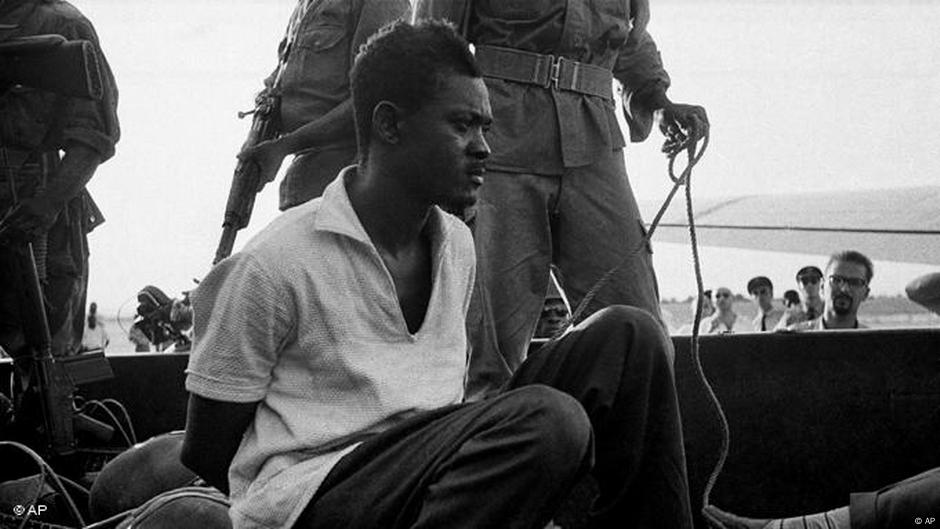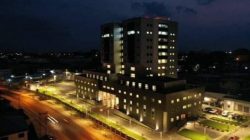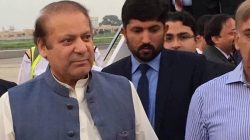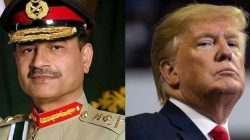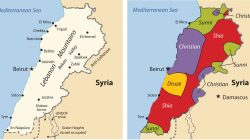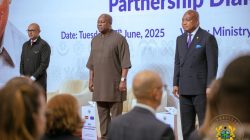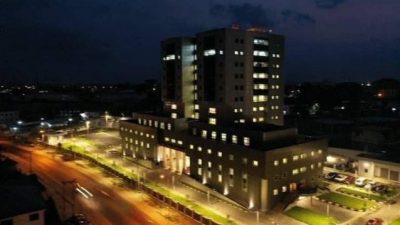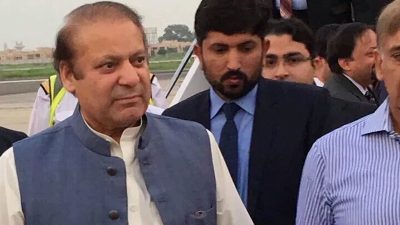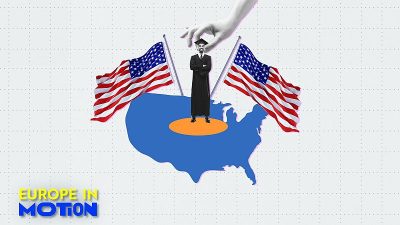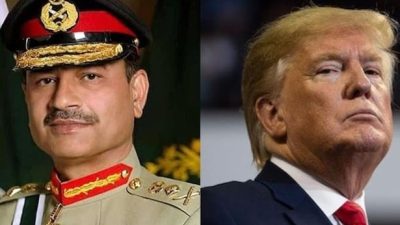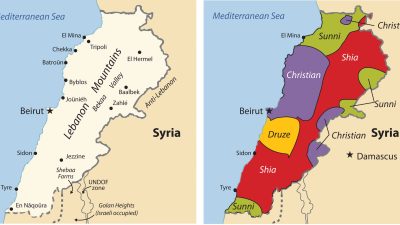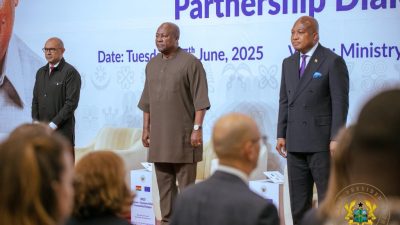For Juliana Lumumba, he was not just a politician: Patrice Lumumba was her father. That’s why she continues to demand the truth about an assassination for which no one has faced justice.
For more than 60 years, Juliana Lumumba has had questions. Who murdered her father? How did the Americans help? What did the United Nations do? Did they stand by idly, even though he was under their protection?
They are uncomfortable questions, political questions. And Juliana will not rest until she has answers.
“You cannot be the child of
Patrice Lumumba
without this impacting your life” she says.
Her gaze is composed as she looks out of the window of her house in Kinshasa, the capital of the Democratic Republic of the Congo.
Lumumba murder case could go to trial
On June 17, the Belgian federal prosecutor’s office announced that it has requested that the case in connection with the assassination of Juliana’s father be referred to a Brussels criminal court. It follows more than a decade of investigation.
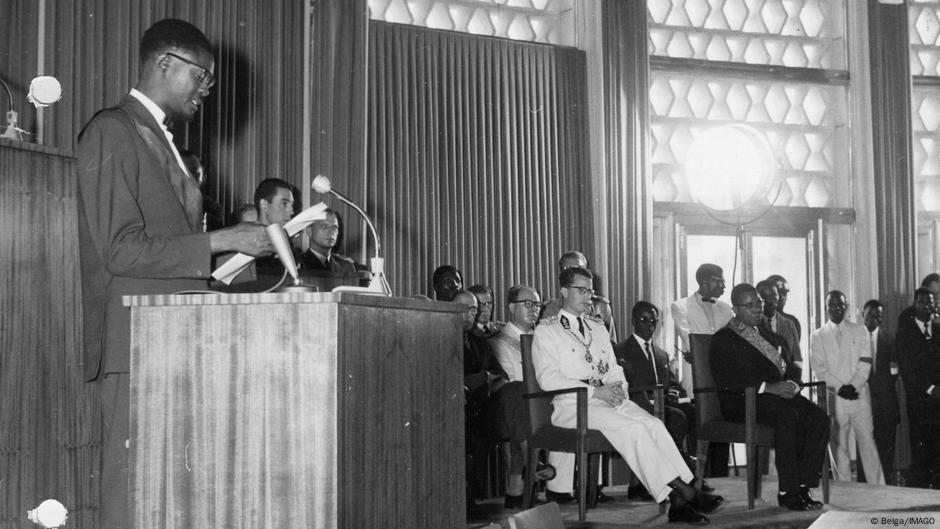
The Belgium state is partly responsible for the murder. A 2001 parliamentary investigation established that King Baudouin, the then Belgian monarch, knew about the assassination plan but did nothing to stop it.
Juliana’s brother Francois, the plaintiff in a 2011 complaint, accused the Belgian state of war crimes and torture, and of having been part of a conspiracy aimed at the political and physical elimination of his father.
Lumumba fought for the Congo’s independence
On June 30, 1960, Patrice Lumumba freed the Congo from Belgian colonial rule and became the country’s first prime minister. He promised democracy, prosperity and an end to the exploitation of
Congolese minerals
by foreign powers. But that never happened.
The West – in particular Belgium and the US — opposed Lumumba’s plans to nationalize Congo’s raw materials. And certainly not of him cozying up with the Soviet Union in the midst of the
Cold War
.
On January 17, 1961, half a year after Lumumba was elected the first prime minister of a free Congo, Congolese separatists took him to the hostile province of Katanga – with Belgian and American blessing.
Lumumba and two of his aides were shot in the forest under the command of Belgian officers. The facts only came to light thanks to investigations by the likes of Belgian sociologist and writer, Ludo De Witte, whose findings were detailed in his 2003 book, “The Assassination of Lumumba.”
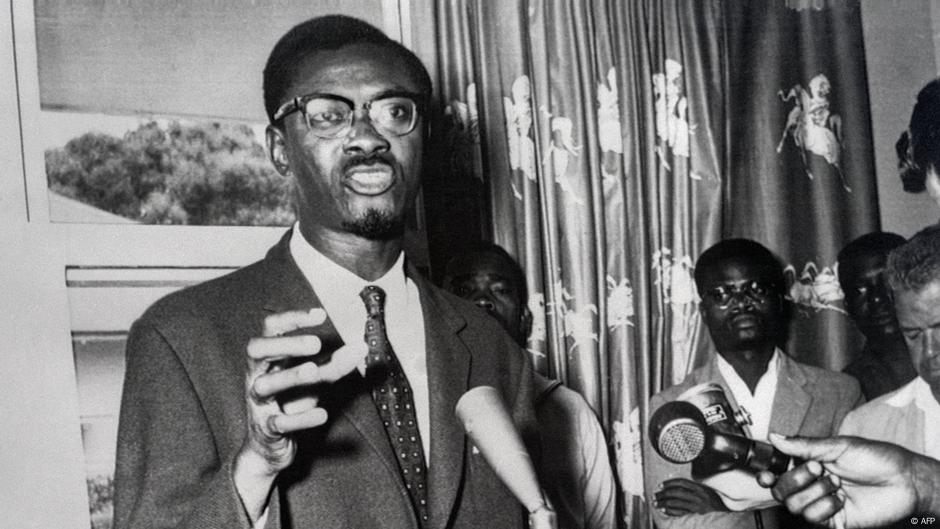
Another Belgian officer, Gérard Soete, sawed the bodies in pieces and dissolved them in sulfuric acid. Two teeth were all that remained of Lumumba. Soete kept them as a trophy. Juliana learned about this on television, in a 2000 report on a German broadcaster in which Soete himself recounted the details and held the teeth into the camera. This gruesome memory still angers Juliana.
“How would you feel if they told you that your father was not only killed, buried, unburied, cut in pieces but they also took parts of his body?”, she asks. “To many, he was the first prime minister of the Congo, a national hero. But for me, he’s my father.”
Still fighting for the truth
Years later, Juliana wrote a letter to the Belgian king demanding one of the teeth be returned. No one knows where the second one is. Soete had claimed that he had thrown it into the North Sea. He died shortly after, but later his daughter showed the golden tooth to a journalist. Ludo De Witte then sued her and Belgian authorities confiscated the remains.
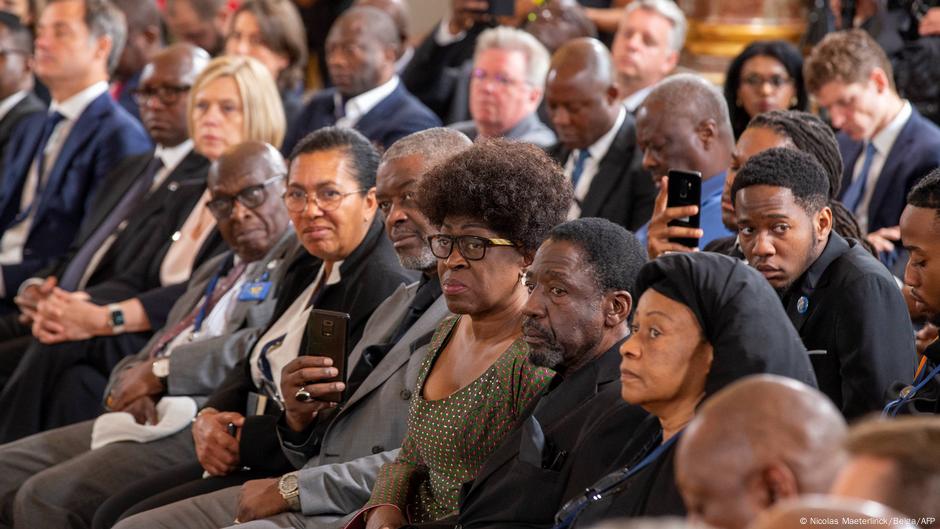
In 2022, then prime minister Alexander de Croo
returned the tooth
to Lumumba’s children at a ceremony in Brussels and apologized – unlike King Philippe, a direct descendant of King Baudouin, who apparently could not utter the word “sorry.” He merely expressed his “deepest regrets” for the violence inflicted on the Congolese people under Belgian rule.
But apologies are not enough for Juliana. “It’s not a problem of apology. It’s a problem of truth. Verité,” she says. “I need to know the truth.”
Growing up in exile
When her father was murdered, Juliana was just five years old. She learned of it while in exile in Egypt. A few months before Lumumba’s assassination, she and her siblings were smuggled out of their house in Congo, where their father was placed under house arrest, and taken to Cairo with fake passports.
Patrice Lumumba knew he was going to die, Juliana says. He also hinted at it in his last letter to his wife.
In Cairo, Lumumba’s children grew up with Mohamed Abdel Aziz Ishak, a diplomat and friend of Lumumba. But they couldn’t escape their own history.
“We are a political family, says Juliana. “We came to Egypt for political reasons, hosted by President Nasser. Politics is the core of our lives, whether we like it or not.”
The children also entered politics. Juliana held various ministerial posts, and her brother François is the leader of the Congolese National Movement, the party his father founded.
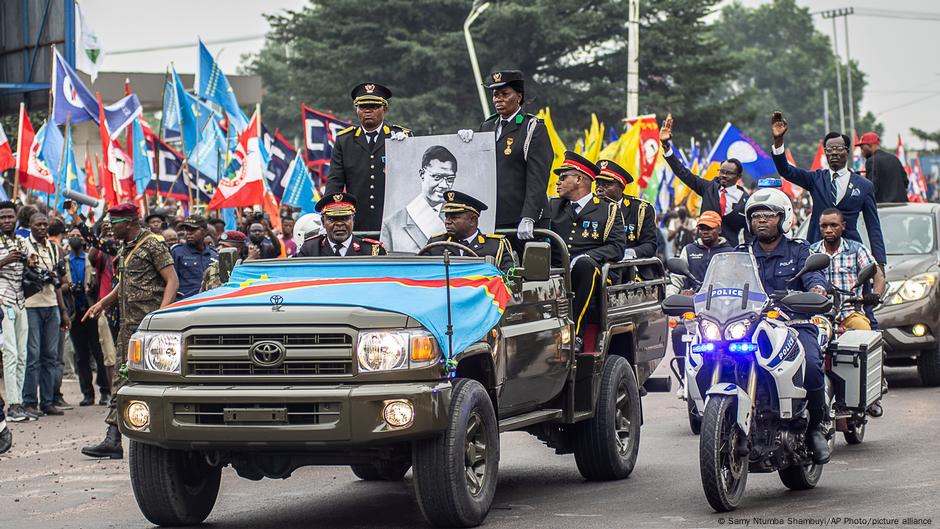
Juliana says that she always knew that her father’s assassination was political, even when she was still a child in Cairo. The news of Lumumba’s death in 1961 spread quickly in the city.
“They set fire to the library of the American university and looted the Belgian embassy,” she recalls. “People in the streets shouted ‘Lumumba, Lumumba.’”
Guilt, accountability and colonial continuities
It wasn’t until 1994, when Congo’s Mobutu dictatorship was on the verge of collapse, that Juliana returned to her homeland after years in exile. This had been her father’s wish.
“He told us, no matter what happens, you have to come back home. So, when it was safe for us again, we came back home, where we belong,” she says.
Today, Juliana is less active in Congolese politics. She doesn’t want to talk about the current situation, the conflict between the Congolese army and the rebel militia M23, or the ongoing exploitation of natural resources by the Western nations, China, Rwanda, and other foreign powers.
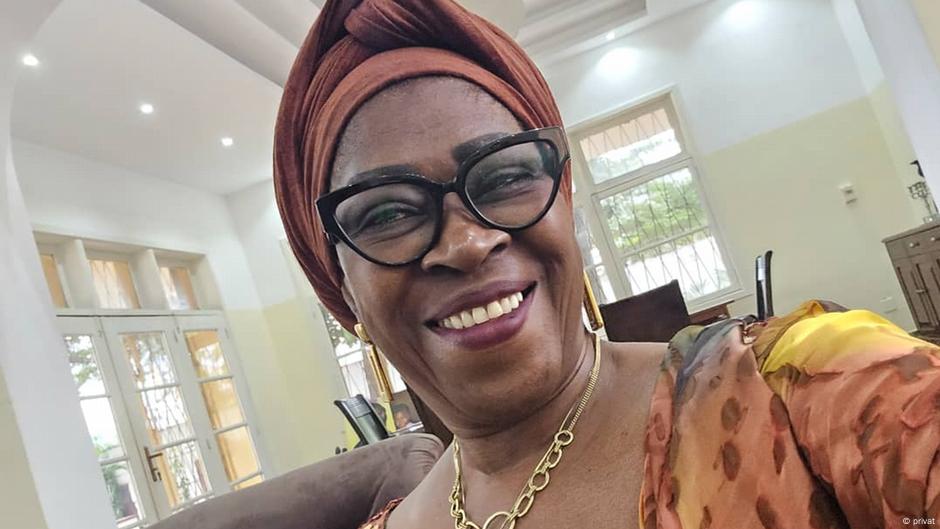
Nor does she want to speak about the potential trial in Brussels of the last living suspect who might have been complicit in her father’s killing, 92-year-old Etienne Davignon.
A former top Belgian diplomat, businessman and former vice-president of the European Commission, Davignon is the last of 10 Belgians who were accused of involvement in the murder in the 2011 lawsuit filed by the Lumumba children.
With little progress in over six decades, Juliana is losing hope that someone will finally face justice for her father’s death.
“No one has been held accountable. No Belgian, no European, no Congolese. No white, no Black. Everybody agrees that there was an assassination. There is a crime. But nobody has done it,” she says.
On July 2, 2025, Patrice Lumumba would have been 100 years old.
Edited by Stuart Braun
Author: Djamilia Prange de Oliveira

